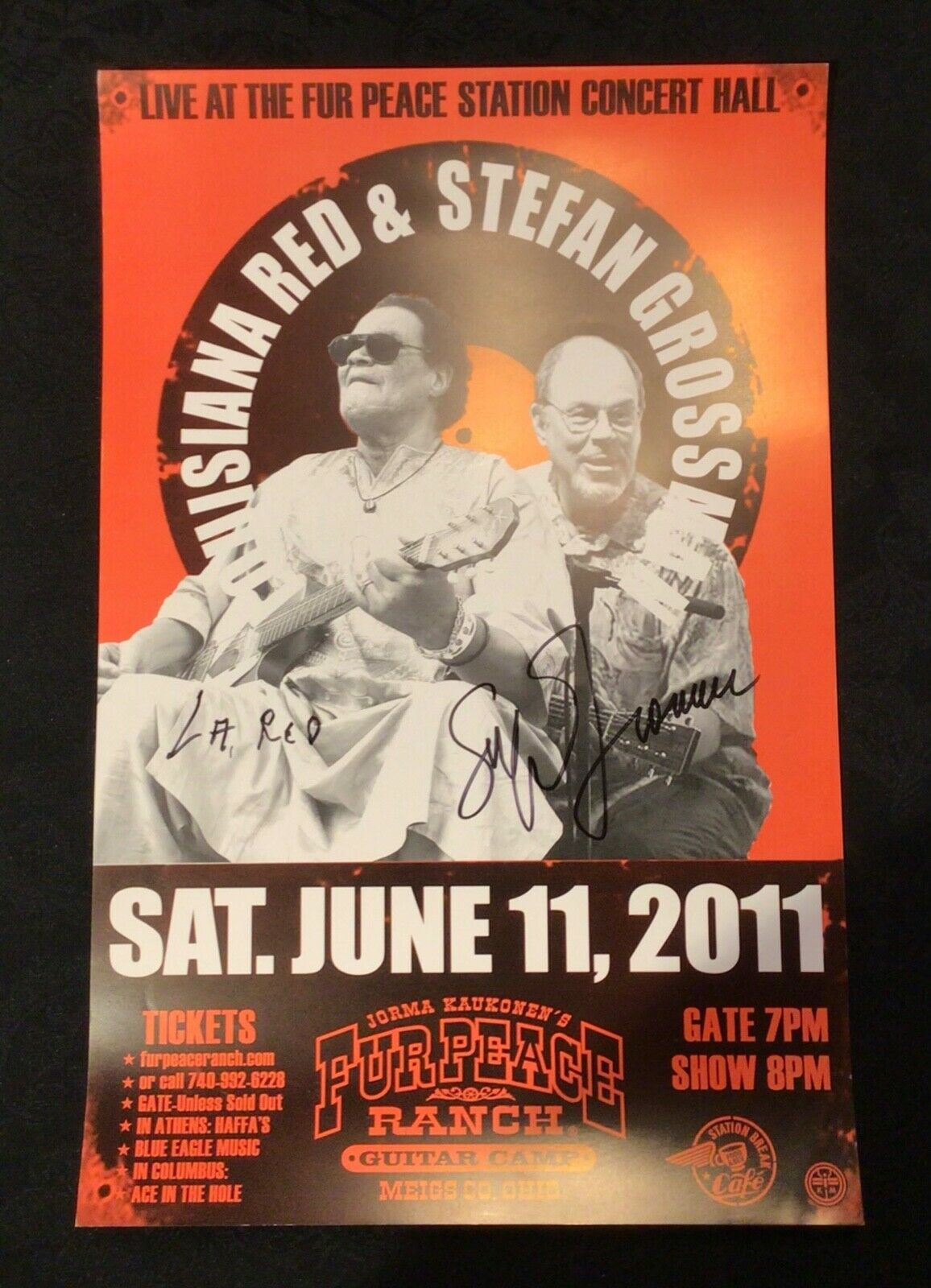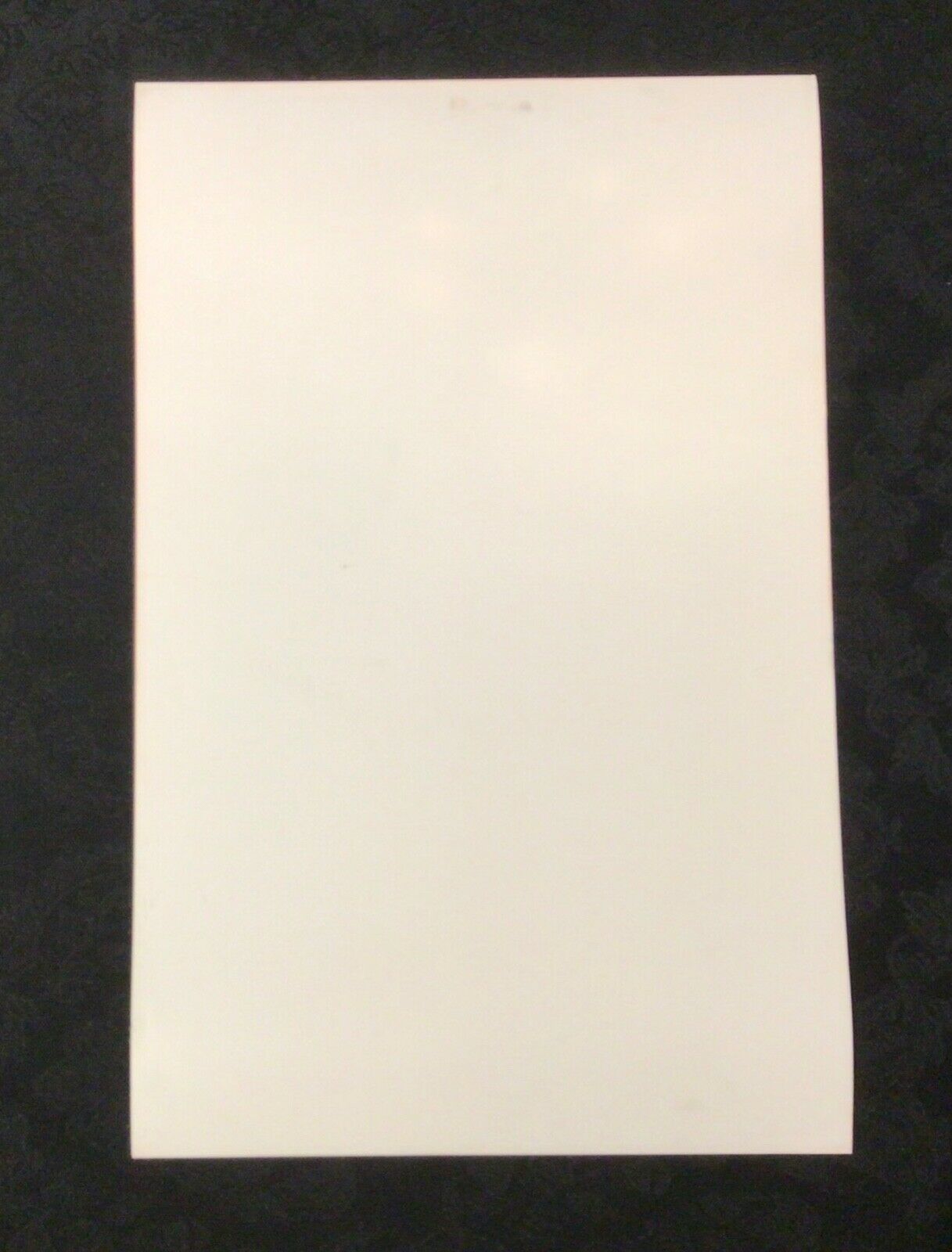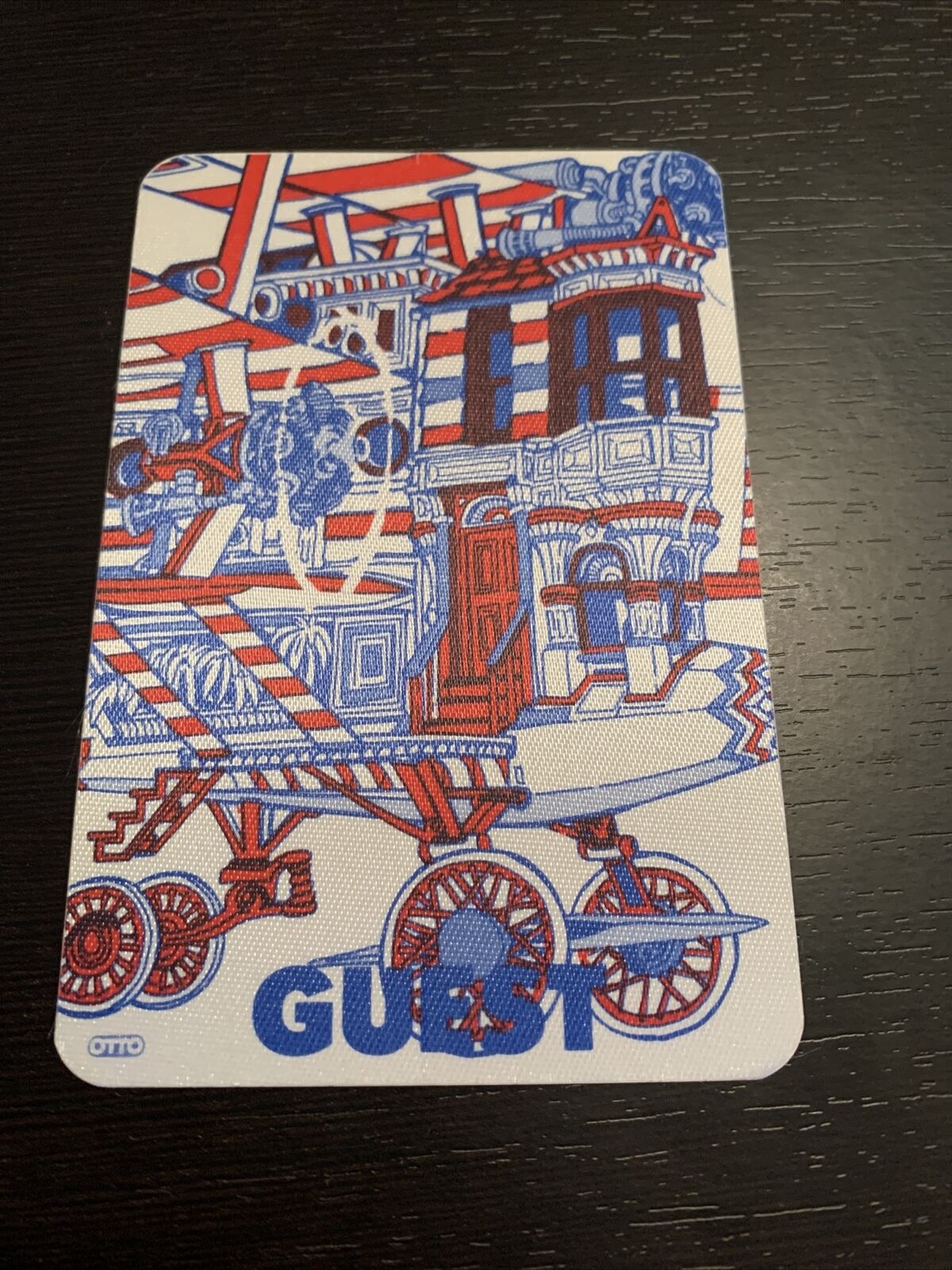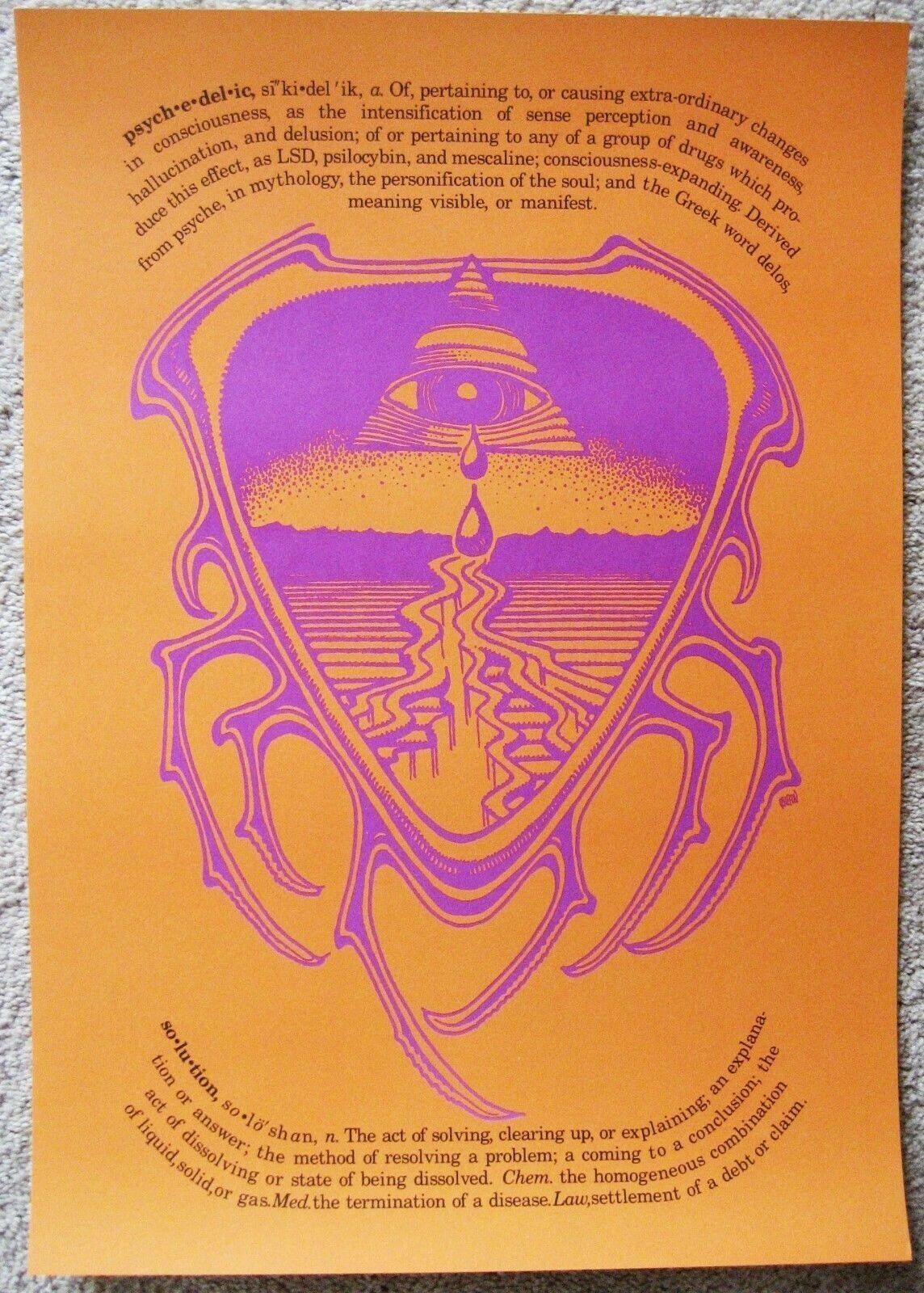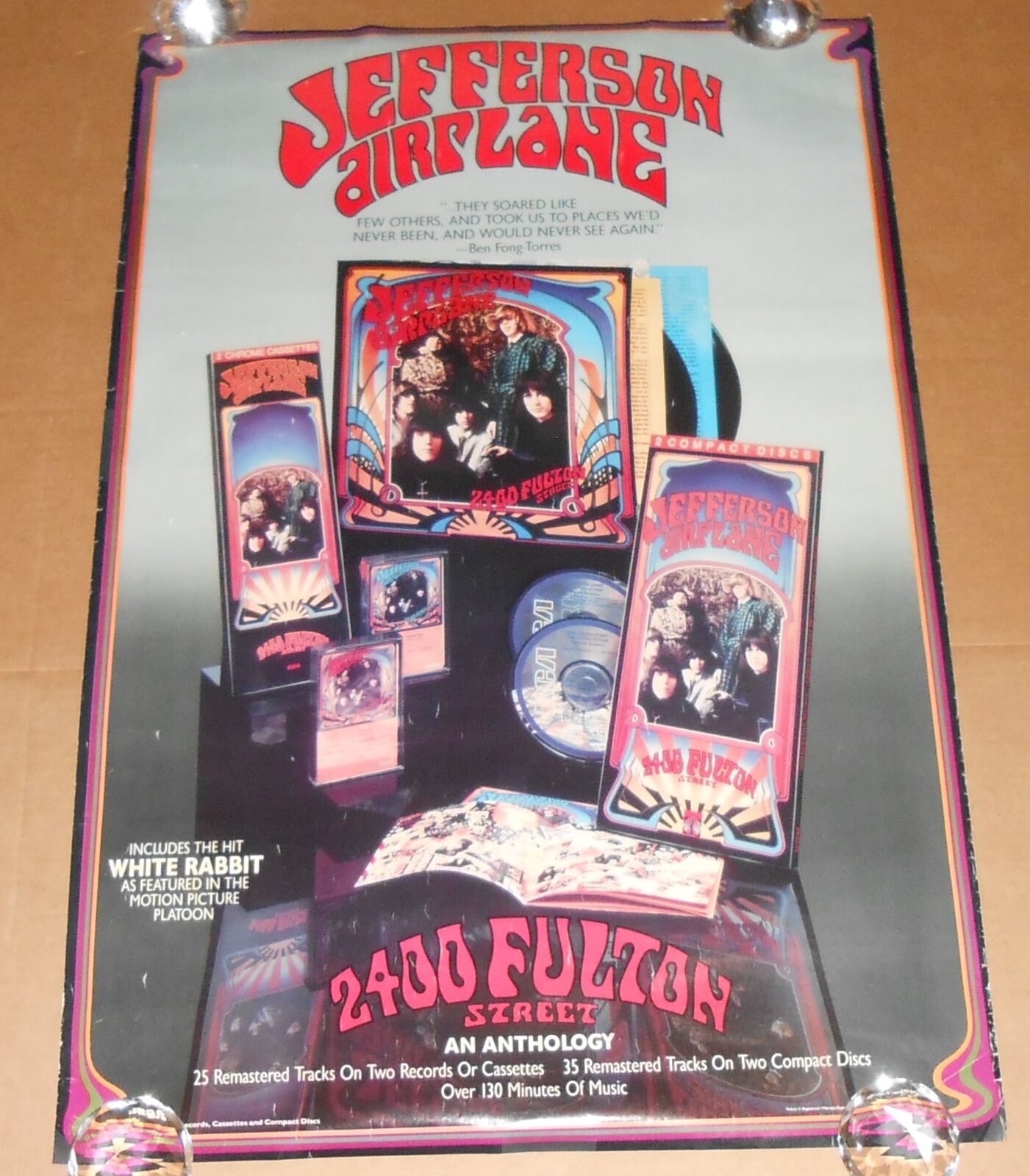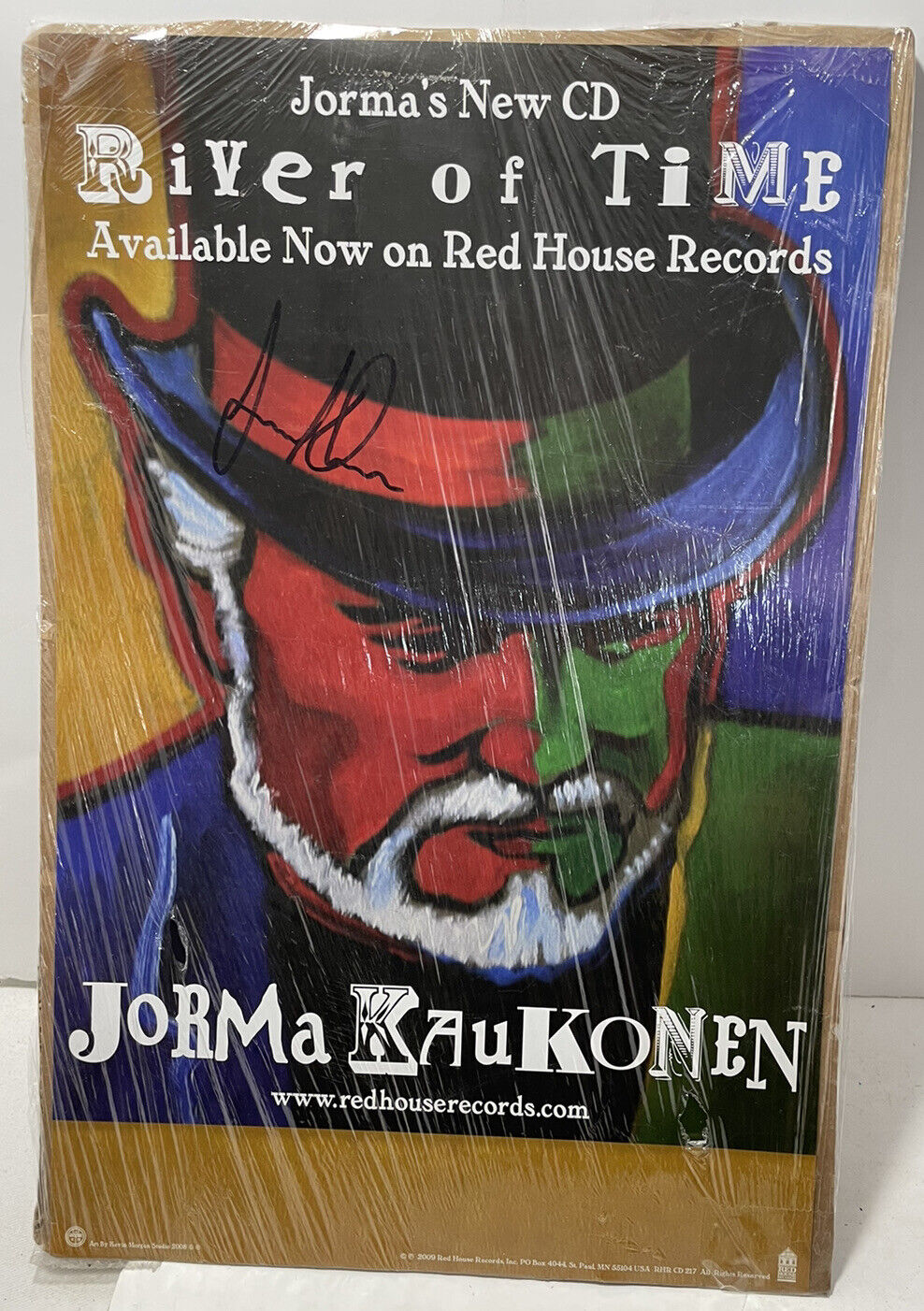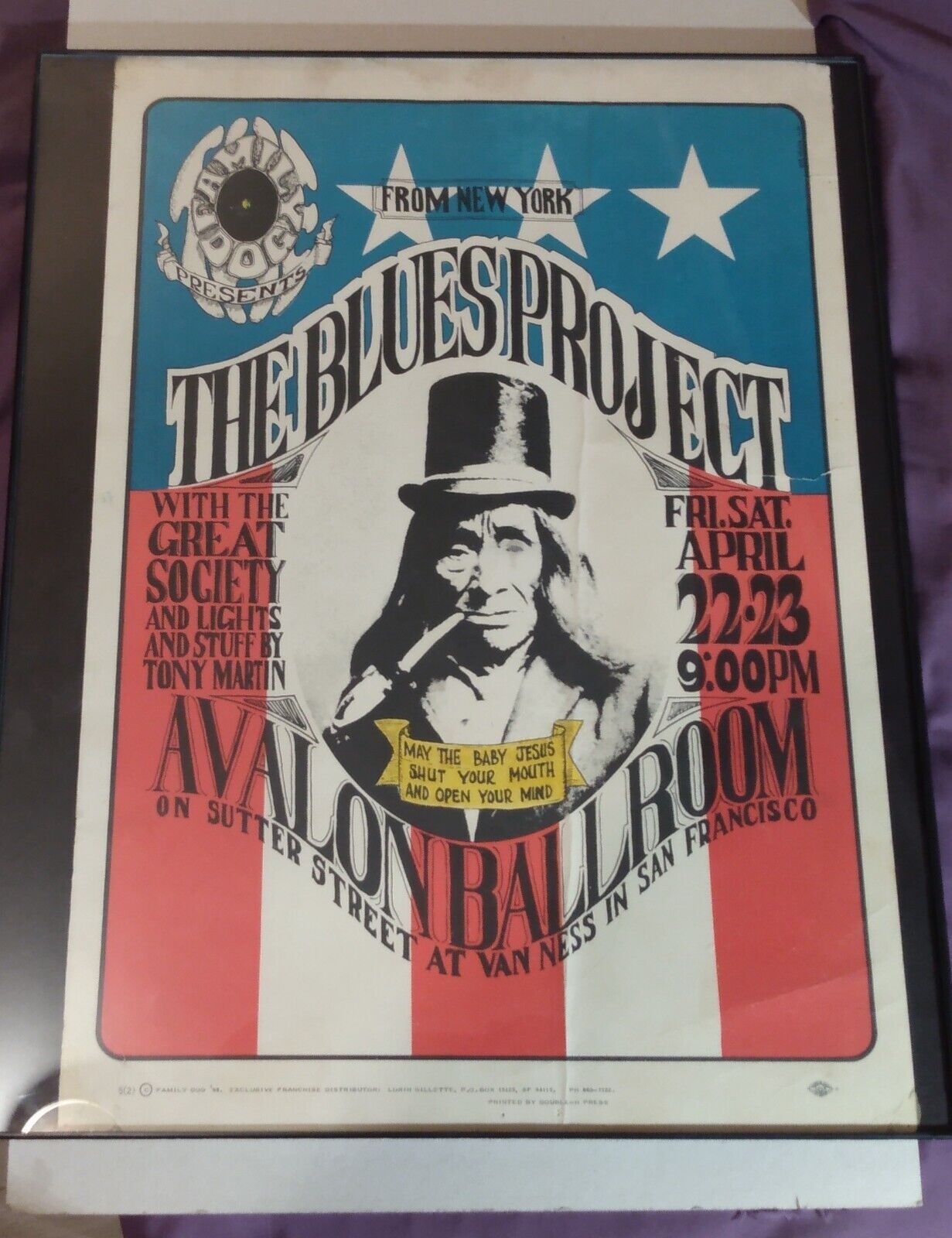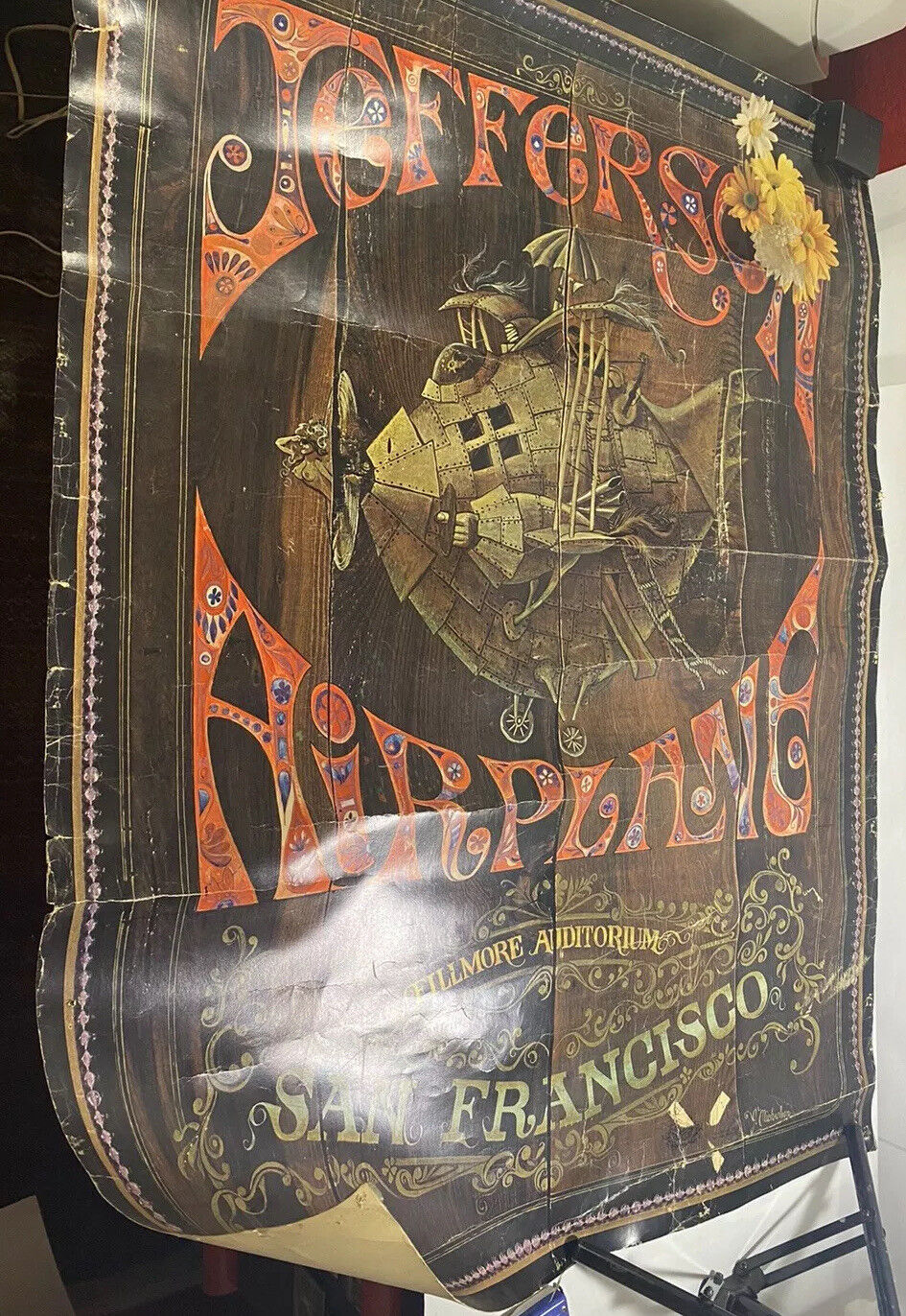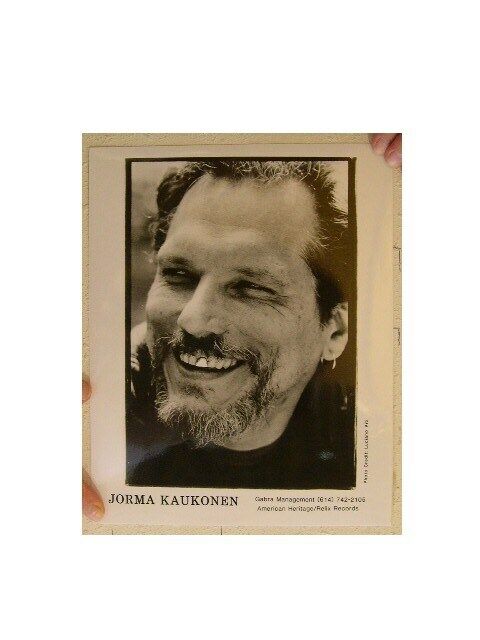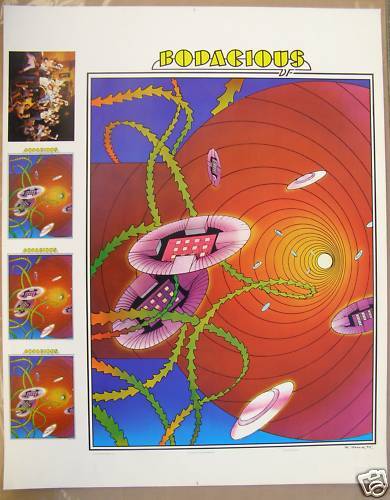-40%
Louisiana Red & Stefan Grossman Autographed Poster Fur Peace Ranch 6/11/11
$ 50.16
- Description
- Size Guide
Description
Awesome poster hand signed by blues guitar legends Louisiana Red & Stefan Grossman!Poster is in good condition. Please see photos of actual poster. Poster will be shipped in cardboard shipping tube.
Louisiana Red
From Wikipedia, the free encyclopedia
Jump to navigation
Jump to search
Louisiana Red
Louisiana Red performing in
Düsseldorf
, Germany
Background information
Birth name
Iverson Minter
Born
March 23, 1932
[1]
Bessemer, Alabama
, U.S.
[2]
Died
February 25, 2012 (aged 79)
[3]
Hanover
, Germany
Genres
Blues
Occupation(s)
Singer-songwriter
musician
Instruments
Guitar
harmonica
Years active
1949–2012
Labels
Chess
Atlantic
Earwig Music
Roulette
Ruf
JSP
Associated acts
Carey Bell
Eric Burdon
Sugar Blue
Paul Oscher
Website
Official website
Louisiana Red at Djurs Blues Festival, Denmark
Iverson Minter
(March 23, 1932 – February 25, 2012), known as
Louisiana Red
, was an American
blues
guitarist, harmonica player, and singer, who recorded more than 50 albums. He was best known for his song "Sweet Blood Call".
Contents
1
Biography
2
Death
3
Awards
4
Discography
4.1
Albums
4.2
Live albums
4.3
Compilation albums
4.4
Guest appearances (selected)
4.5
Various artists (selected)
5
References
6
External links
Biography
[
edit
]
Born in
Bessemer, Alabama
,
[3]
Minter lost his parents early in life; his mother died of
pneumonia
shortly after his birth, and his father was
lynched
by the
Ku Klux Klan
in 1937.
[1]
He was brought up by a series of relatives in various towns and cities. Red recorded for
Chess
in 1949, before joining the
Army
. He was trained as a parachutist with the 82nd Airborne and was sent to Korea in 1951. The 82nd Airborne was not deployed as a complete unit in Korea, but soldiers from this unit were dispatched as Rangers in the 2nd, 3rd and 7th Infantry Divisions. Minter said he was assigned to the 3rd Infantry Division.
After leaving the Army, he played with
John Lee Hooker
in Detroit for two years in the late 1950s.
[1]
He recorded for
Checker Records
in 1952, billed as Rocky Fuller.
[4]
His first album,
Lowdown Back Porch Blues
, was recorded in New York City with
Tommy Tucker
and released in 1963. His second album,
Seventh Son
, was released later the same year.
[5]
Louisiana Red released the single "I'm Too Poor to Die" for the Glover label in 1964. It peaked at number 117 on the
Billboard
Hot 100
and number 30 on the
Cashbox
chart
. (
Billboard
did not publish an
R&B
chart in 1964.)
He maintained a busy recording and performing schedule through the 1960s and 1970s, working in sessions for Chess, Checker, Atlas, Glover,
Roulette
, L&R and
Tomato
, amongst others.
[1]
In 1983 he won a
W. C. Handy Award
for Best Traditional Blues Male Artist.
[6]
[7]
He lived in
Hanover
, Germany, from 1981.
[8]
He appeared in the films
Rockpalast
(1976),
Comeback
(1982),
Ballhaus Barmbek
(1988),
Red and Blues
(2005) and
Family Meeting
(2008).
[9]
In 1994, Louisiana Red fused the blues with the urban Greek music of the
bouzouki
player Stelios Vamvakaris, on the album
Blues Meets Rembetika
.
[4]
He continued to tour, including regular returns to the United States,
[7]
until his death. In 2011, Louisiana Red released the album
Memphis Mojo
, to broad public acclaim.
[10]
Death
[
edit
]
Michael Messer
noted on February 25, 2012, "I am very sorry to be bringer of such sad news that my dear friend, Louisiana Red, died this morning. He had a stroke on Monday and had been in a coma."
[11]
He died in Hanover, aged 79.
[3]
Awards
[
edit
]
W. C. Handy Award for Best Traditional Blues Male Artist, 1983
Lifetime Achievement Award, Blues Trust Productions, 2006
Grand Prix du Disque (Blues) for
Back to the Black Bayou
, 2009
German Record Critics Award (2nd quarter) for Best New Release (Blues), 2009
Bluesnews Poll for
Back to the Black Bayou
, 2009
Blues Music Award
for Acoustic Album of the Year (
You Got to Move
), 2010
Discography
[
edit
]
Albums
[
edit
]
Lowdown Back Porch Blues
(1963, Roulette)
Seventh Son
(1963, Carnival) [this is a 1972 reissue of
Lowdown Back Porch Blues
with Glover single 3002 added]
Shouts the Blues
(1970, Forum Circle) [this is a 1970 reissue of
Lowdown Back Porch Blues
with the last two tracks deleted]
Louisiana Red Sings the Blues
(1972, Atlantic)
Sweet Blood Call
(1975, Blue Labor)
Dead Stray Dog
(1976, Blue Labor)
New York Blues
(1979, L+R)
Reality Blues
(1980, L+R)
High Voltage Blues
, with
Sugar Blue
(1980, Black Panther)
Midnight Rambler
(1982, Tomato/Rhino)
Blues for Ida B
(1982, JSP)
Boy from Black Bayou
(1983, L+R)
Blues from the Heart
(1983, JSP)
Anti Nuclear Blues
(1983, L+R)
Bluesman
(1984, JSP)
Back to the Road Again
(1984, MMG)
My Life
, with
Carey Bell
(1984, L+R)
World on Fire
(1985, MMG)
Brothers in Blues
(1985, CMA)
Back to the Roots
(1987, CMA)
Last Mohican of the Blues
(1992,
Polton
)
Ashland Avenue Blues
(1992, Schubert)
Always Played the Blues
(1994, JSP)
Louisiana Red
(1994, Forum)
Blues Meets Rembetika
(1994, Distazi)
Sittin' Here Wonderin'
(1995,
Earwig Music
)
Sugar Hips
(1995, CMA)
Rising Sun Collection
(1996, JAMR)
I Hear the Train Coming
(1997, Chrisly)
Over My Head
(1997, Chrisly)
Walked All Night Long
with
Lefty Dizz
, originally recorded in 1976
[12]
(1997, Blues Alliance)
Rip Off Blues
(1998, Chrisly)
Winter & Summer Sessions
(1998, Blues Factory)
Driftin'
(1999, Earwig Music)
Millennium Blues
(1999, Earwig Music)
Sings Deep Blues
(2001, P-Vine)
A Different Shade of Red
(2002,
Severn
)
No Turn on Red
(2005, Hightone)
Hot Sauce
(2005, Red Lightnin')
Back to the Black Bayou
, with
Kim Wilson
and
Little Victor
(2008, Bluestown)
You Got to Move
, with
David Maxwell
(2009, Blu Max/Vizztone)
Memphis Mojo
, with
Little Victor
(2011,
Ruf
)
When My Mama Was Living
(2012, Labor Records; recorded 1975)
Live albums
[
edit
]
Live & Well
(1976, Ornament)
King Bee
, with Sugar Blue (1978, Orchid)
Red, Funk and Blue
, with Sugar Blue (1978, Black Panther)
Live in Montreux
(2000, Labor)
Live at 55
, with Carey Bell (1994, Enja)
Bad Case of the Blues
, with Carey Bell (2004, Mojo Tone)
Live at Painted Sky
(2008, Paul Productions)
Red Funk 'n Blue: The Complete 1978 Recordings
[with Sugar Blue] (2021, JSP Records)
Compilation albums
[
edit
]
Anthologie du Blues
, vol. 11 (Roulette)
Blues Classics
(1983, L+R)
Pretty Woman
(1991, Blues Beacon)
The Best of Louisiana Red
(1995, Evidence)
The Blues Spectrum of Louisiana Red
, with Sugar Blue (1998, JSP)
The Sky Is Crying
(2014, Wolf Records)
Guest appearances (selected)
[
edit
]
Carey Bell
,
Brought Up the Hard Way
Eric Burdon
,
Comeback
Kent Cooper
,
The Blues and Other Songs
Bob Corritore
,
Harmonica Blues
Champion Jack Dupree
,
After All
John Lee Hooker
,
Down Child
Albert King
,
Blues Guitar Killers
, with
Johnny Winter
and
Rory Gallagher
Albert King
,
Live
Brownie McGhee
,
Rainy Day
Johnny Shines
,
Too Wet to Plow
Sunnyland Slim
,
Decoration Day
Roosevelt Sykes
,
Boogie & Blues
Roosevelt Sykes
,
Music Is My Business
Wentus Blues Band
,
Family Album
Various artists (selected)
[
edit
]
The Paul Jones Rhythm & Blues Show – The American Guests
(JSP CD210)
The Paul Jones Rhythm & Blues Show – The American Guests
, vol. 3 (JSP CD235)
Chicago Blues
, vol. 2
Earwig 16. Ann. Sampler
(1995, Earwig Music)
Earwig 20. Ann. Sampler
(2000, Earwig Music)
American Folk Blues Festival
(1980, 1983, L+R)
The 1. Blues Sampler
(1980, L+R)
Blues Legends – Blues Giants
(1993, Castle Communications)
Live at Boston Blues Festival
, vol. 2 (2007, Blues Trust)
Family Meeting
, Wentus Blues Band with
Mick Taylor
and
Lazy Lester
(2008, Ruf)
Blues Wire Birthday Tour
(Greece, 2007)
Houserockin' and Blues Shoutin – Rhythm Room 15 Year Anniversary Album
(2006, Blue Witch Records)
Stefan Grossman
From Wikipedia, the free encyclopedia
Jump to navigation
Jump to search
This
biography of a living person
needs additional
citations
for
verification
.
Please help by adding
reliable sources
. Contentious material about living persons that is unsourced or poorly sourced
must be removed immediately
, especially if potentially
libelous
or harmful.
Find sources:
"Stefan Grossman"
–
news
·
newspapers
·
books
·
scholar
·
JSTOR
(
March 2016
)
(
Learn how and when to remove this template message
)
Stefan Grossman
Stefan Grossman at
Ruisrock
in Finland, 1971
Background information
Born
April 16, 1945
(age 76)
Brooklyn
, New York, United States
Genres
Blues
,
folk
Occupation(s)
Musician
,
songwriter
Instruments
Guitar
,
vocals
Years active
1964–present
Stefan Grossman
(born April 16, 1945) is an American acoustic
fingerstyle
guitarist and singer, music producer and educator, and co-founder of
Kicking Mule
records.
[1]
He is known for his instructional videos and
Vestapol
line of videos and DVDs.
Contents
1
Early life and influences
2
Early career
3
Later career
4
Guitars
5
Discography
6
Bibliography
6.1
Music books written by Grossman
6.2
Music books edited by Grossman
7
See also
8
References
9
External links
Early life and influences
[
edit
]
Born in
Brooklyn
, United States,
[1]
Grossman described his upbringing in
Queens
, New York, as "lower middle-class", and his parents as "very leftist", valuing education and the arts. He began playing
acoustic guitar
at the age of nine, when his father bought him an
archtop
-style (
f-hole
) acoustic guitar made by
Harmony
. Later he moved on to a
Gibson
archtop guitar which he played between the ages of nine and eleven, taking lessons and learning to read music. For a few years, he gave up playing but resumed again at the age of 15.
[2]
Grossman's interest in the
folk revival
was sparked by attending the
Washington Square Park
"Hoots".
[2]
He took guitar lessons for several years from
Rev. Gary Davis
,
[1]
whom he later described as "
one of the greatest exponents of fingerstyle blues and gospel guitar playing
" and "
an incredible genius as a teacher
".
[3]
He spent countless hours learning and documenting Davis's music, recording much of it on a tape recorder, and developing a form of
tablature
to take down his teacher's instructions.
In the folk and country blues revival of the 1960s he was listening to old recordings of artists such as
Elizabeth Cotten
,
Big Bill Broonzy
,
Lead Belly
,
Josh White
,
Lightnin' Hopkins
,
Rev. Gary Davis
,
Blind Willie Johnson
,
Blind Boy Fuller
,
Son House
,
Charlie Patton
,
Skip James
,
Blind Blake
,
Blind Lemon Jefferson
,
Brownie McGhee
and
Woody Guthrie
.
[2]
This brought him into contact with other collectors, including
John Fahey
, Ed Denson, Bernie Klatzko, Tom Hoskins and Nick Poerls. Collecting the 78s developed into searching for the artists who had recorded them, with many successes: during the mid-60s, Grossman met, befriended and studied guitar with
Mississippi John Hurt
,
Son House
,
Skip James
,
Mississippi Fred McDowell
and other major blues artists.
[4]
Early career
[
edit
]
In 1964, Grossman and a group of friends formed the
Even Dozen Jug Band
.
[5]
Although they only recorded one LP on the
Elektra Records
label (long since out of print but available at iTunes), other members were also to have successful musical careers, including
David Grisman
,
Steve Katz
(
Blood, Sweat & Tears
), John Sebastian (
The Lovin' Spoonful
),
Joshua Rifkin
and
Maria Muldaur
(then Maria D'Amato). In the early summer of 1966, there was an effort by Elektra's
Paul Rothchild
to put together a folk rock group (like
The Mamas & the Papas
) with Grossman,
Taj Mahal
, guitarist
Steve Mann
and a recently returned folk singer from Texas named
Janis Joplin
. They had a rehearsal in Berkeley, sometime in June (Joplin's first show with
Big Brother and the Holding Company
was at the
Avalon Ballroom
June 10, 1966, but she had been in the Bay Area for about 10 days). However, Joplin would not abandon her new band and the deal was scuttled. Subsequently, Grossman spent about three months with
The Fugs
and a further four months with a band called Chicago Loop.
[5]
At the same time, however, he was beginning his career as a guitar teacher. With his friend
Rory Block
and also Mike Cooper, he produced and released one of the earliest (if not the very first) guitar instructional LPs,
How To Play Blues Guitar
and began the publication of a five volume series of instructional books with Oak Publications called the
Oak Anthology of Blues Guitar
. These drew on his studies with Rev. Davis and the other older blues artists and on his obsessive listening to old 78s.
[2]
The Country Blues Guitar, Delta Blues, Texas Blues, Ragtime Blues Guitar
and
Rev. Gary Davis/Blues Guitar
have remained in print through various editions.
In the mid-1960s, Grossman recorded a number of cuts for
Joe Bussard
and his Frederick, Maryland-based Fonotone Records and performed at the Jabberwock coffeehouse in Berkeley under the
nom du folk
of "Kid Future".
[6]
The origins of the name Kid Future date back in the 1930s where there were a number of country blues artists called Willie Brown, the best known of these, and a friend of
Son House
, recorded a song called "Future Blues", using an open G tuning. The song was considered very difficult to master and puzzled many experienced blues players but Grossman, when still in his teens, figured out how to play it. Given Bussard's penchant for creating noms de plume, as he did for
John Fahey
when recording him as Blind Thomas in the 1950s, it seems likely that the origins of the name Kid Future lie in Federick, MD and a talented teenager who had mastered "Future Blues". Grossman also played on Pat Kilroy's Light of Day album released in 1966.
Grossman (right) duetting with
John Renbourn
at the 1978 Norwich Folk Festival, England
In 1967, Grossman travelled to Europe,
[1]
as a first step on a planned journey to India which was not completed. In London he stayed at first with
Eric Clapton
whom he had met whilst in Chicago Loop and met guitarists and singers on the British folk scene including
Bert Jansch
,
John Renbourn
,
Davy Graham
and
Ralph McTell
and
The Young Tradition
. He began playing in folk clubs around the country and made his first solo recordings for the
Philips/Fontana
label (
Aunt Molly's Murray Farm
and
The Gramercy Park Sheikh
) and then for Nathan Joseph's
Transatlantic
label, including
Yazoo Basin Boogie
and
Ragtime Cowboy Jew
(see discography). He also traveled widely in Europe and eventually settled in Italy, where he lived for seven years. Travelling around Europe for gigs brought him into contact with many other fine guitarists, but few of them had record deals. Grossman saw a niche in the market for solo acoustic guitar records which were accompanied by a tablature book to allow the buyer to try playing the arrangements and, with his friend Ed Denson taking care of the US side of business, founded
Kicking Mule
Records.
[5]
[2]
Over the next few years KM released albums by such artists as
John James
,
Happy Traum
,
Ton van Bergeyk
,
Dave Evans
,
Peter Finger
and the late Sam Mitchell. Grossman also released his own original and instructional albums on KM, the latter including seminal works such as
Fingerpicking Guitar Techniques
,
How To Play Ragtime Guitar
and
Famous Ragtime Guitar Solos
which had a major influence on acoustic guitarists in Europe, the UK and the US. During these years Grossman was also touring as a solo artist and in partnership with John Renbourn and continuing to write and publish instructional books, often accompanied by the then new technology of a cassette tape.
In 1971, Grossman composed and played the soundtrack to Swedish director Bo Widerberg's bio-pic
Joe Hill
.
[7]
The love theme from the movie was released a single the same year.
Later career
[
edit
]
This section of a
biography of a living person
does not
include
any
references or sources
.
Please help by adding
reliable sources
. Contentious material about living people that is unsourced or poorly sourced
must be removed immediately
.
Find sources:
"Stefan Grossman"
–
news
·
newspapers
·
books
·
scholar
·
JSTOR
(
September 2019
)
(
Learn how and when to remove this template message
)
In 1987, Grossman returned to live in the US. He toured much less – at least partly due to a painful back problem – and began to consolidate his various teaching and instructional materials under the roof of one company, Stefan Grossman's Guitar Workshop, working at first in cooperation with the Shanachie Records company. He was quick to see the potential of video as well as audio as an instructional tool– budding players could buy an instructional tape for the cost of a single 'real' lesson and have it constantly available. The material which had appeared on LPs such as
How To Play Blues Guitar
now became available to watch as well as hear. Nor was Grossman the only instructor – the Guitar Workshop 'faculty' included such artists as Chet Atkins, John Renbourn, Woody Mann, Ari Eisinger, John Miller, Larry Coryell, David Laibman, Ernie Hawkins and others.
Steve Katz and Grossman performing at Passim coffeehouse in
Cambridge, Mass.
, on January 22, 2012
Grossman also began to acquire concert footage of the old blues and country artists who had been rediscovered in the 1960s and had often made TV appearances; this was the basis of
Vestapol
Videos, which edited and reissued this footage. It was a breakthrough for younger guitarists to be able to
watch
Big Bill Broonzy, Lightnin' Hopkins, Rev. Gary Davis and many others long after these players had died. Vestapol rapidly expanded to include concert footage from living artists too. Although originally issued as video tapes, almost all of this material (both instructional and concert) has in the last few years been re-issued on DVD. The Guitar Workshop mails worldwide from its bases in
New Jersey
and
Yorkshire
.
Much of the music which Grossman recorded on vinyl during his years in Europe has been reissued on CD, as have many of the Kicking Mule albums (although vinyl LPs remain collectable items), including a 2008 reissue of the original
How To Play Blues Guitar
LP from 1967, including outtakes and later recordings from subsequent editions of the album. The LP tracks are on the
CD Country Blues Guitar: The Archival Recordings 1963–1971
(SGGW103) by Rory Block and Stefan Grossman.
Grossman resumed touring in 2006, since and has appeared in Europe and Japan as well as the US. He is a frequent visitor to England (where he has family) and conducts well-attended guitar workshops as well as giving concerts.
Guitars
[
edit
]
Grossman's principal acoustic guitar was a 1930 Martin OM-45 which he later sold. He used Franklin guitars, made by Nick Kukich,
[8]
since the 1970's and a custom Martin HJ-38 since 2008. He also owns numerous guitars from different builders, including John Greven, Tony Klassen and Ed Foley. He uses also an old Stella Jumbo 12-string guitar.
In the past, he has also played a Martin OM-28, Euphonon and Prairie State guitars. He favors medium-gauge strings (.013, .017, .026, .036, .046, .056) for slide, and light-gauge strings (.12 – .53) for standard playing.
[9]
[10]
In 2008 Grossman worked with the Martin Guitar Company to produce a replica guitar, the HJ-38 Stefan Grossman Custom Signature Edition, based on a Jumbo size. This guitar appeared to be his guitar of choice in 2010.
[11]
Discography
[
edit
]
Main article:
Stefan Grossman discography
Bibliography
[
edit
]
Music books written by Grossman
[
edit
]
Grossman, Stefan (1972).
The book of guitar tunings
. New York: Amsco Publishing Company.
ISBN
0-8256-2806-7
.
LCCN
74-170019
.
Music books edited by Grossman
[
edit
]
Contemporary Fingerpicking Guitar Workshop
(Almo Pubs, 1981).
Fingerpicking Guitar Styles
(Oak Pubs, 1991).
Grossman, Stefan & Fuller, Blind Boy
Stefan Grossman's early masters of American blues guitar: Blind Boy Fuller
. Alfred Publishing, 1993
ISBN
0-7390-4331-5
